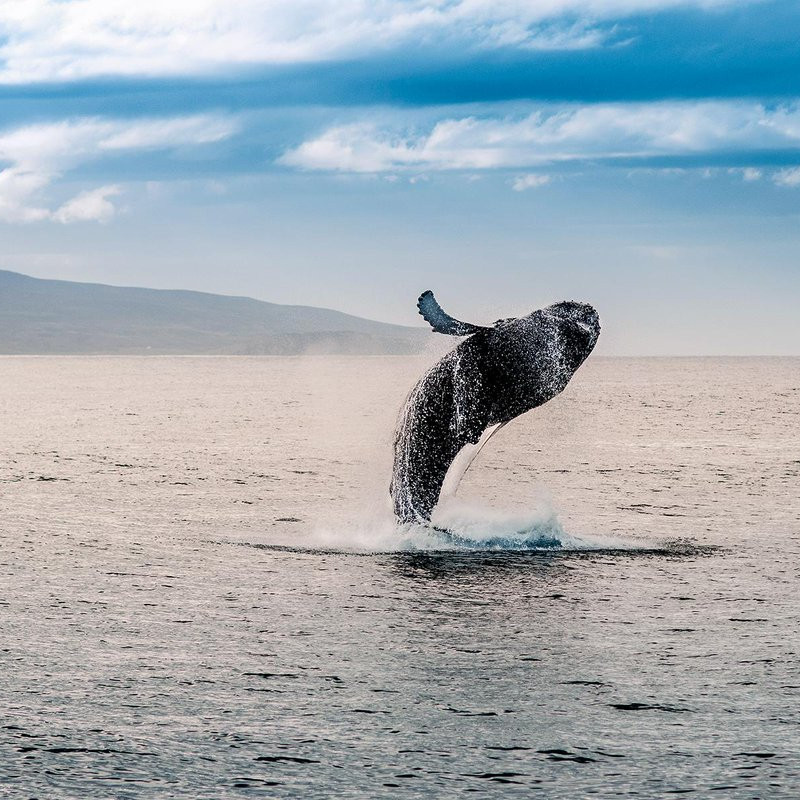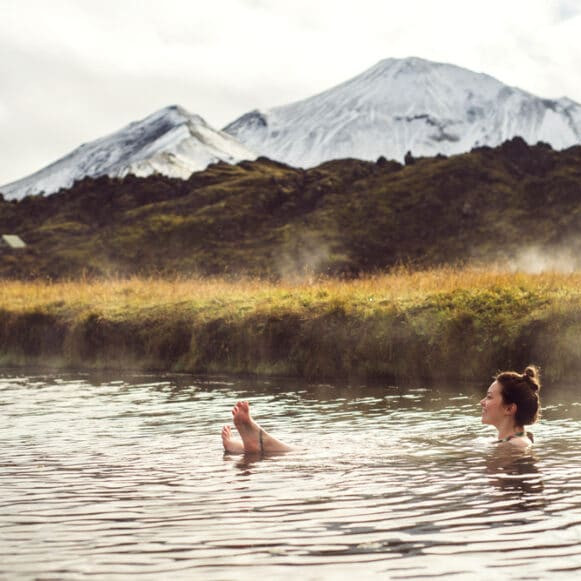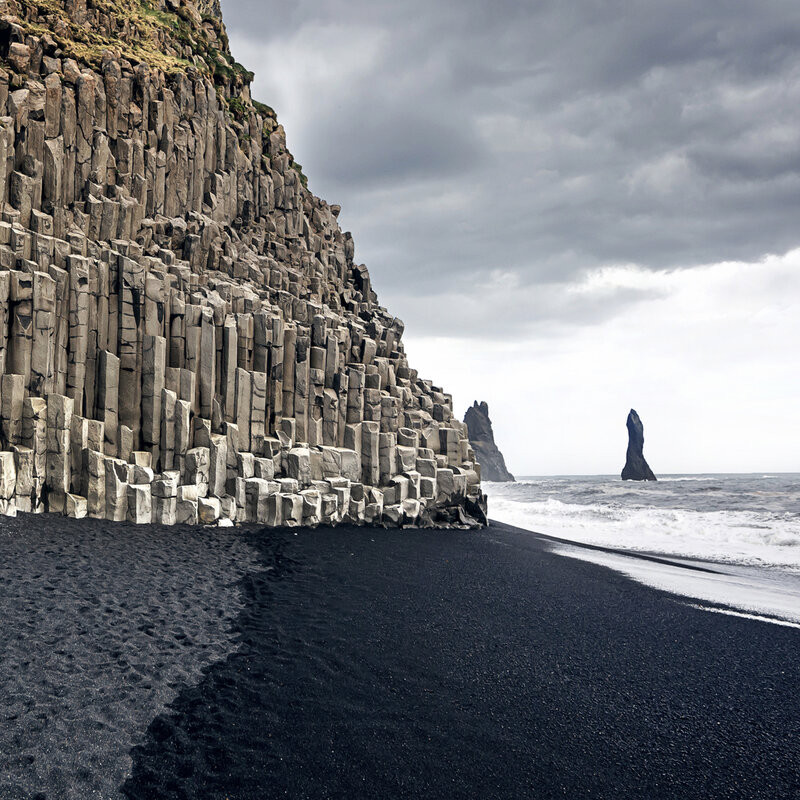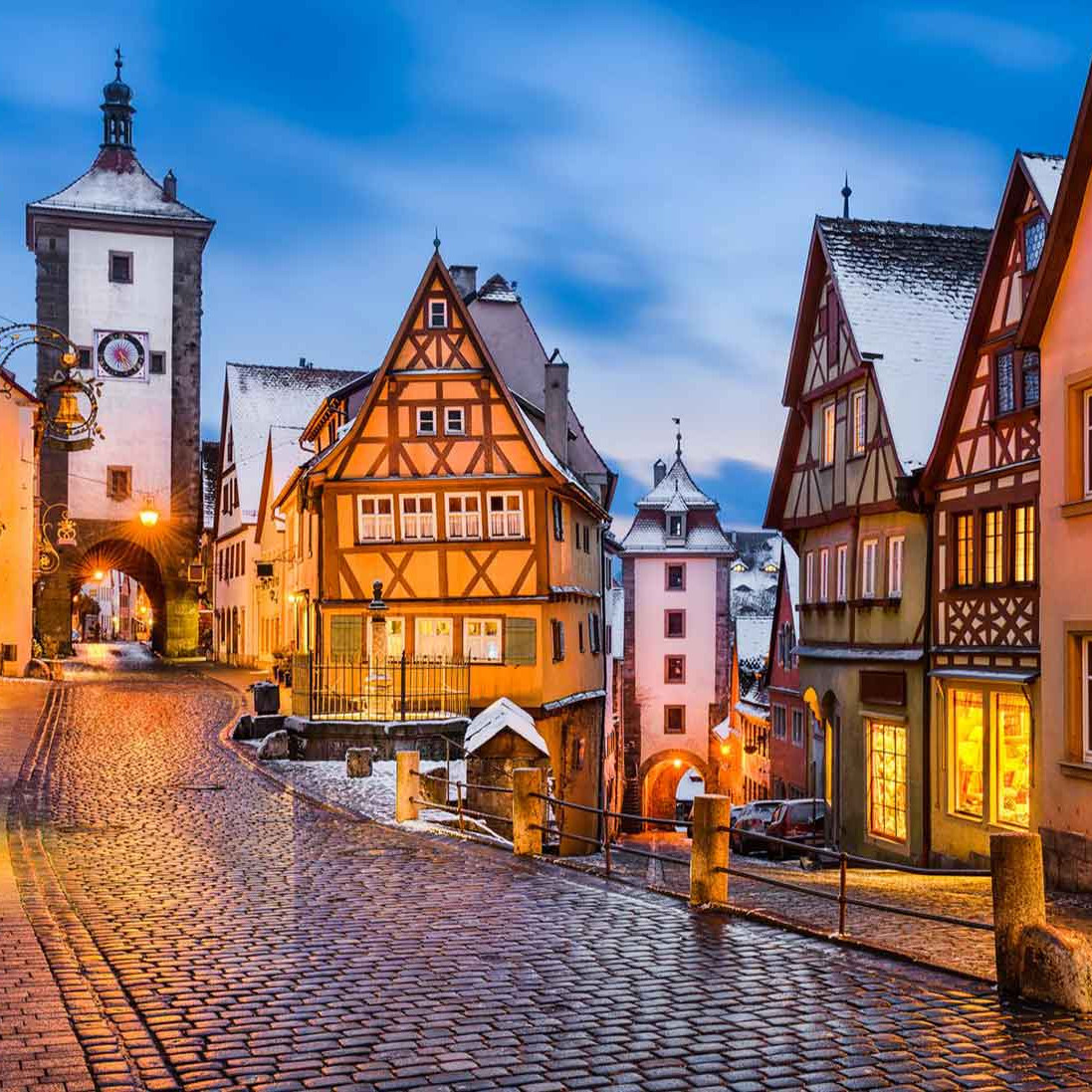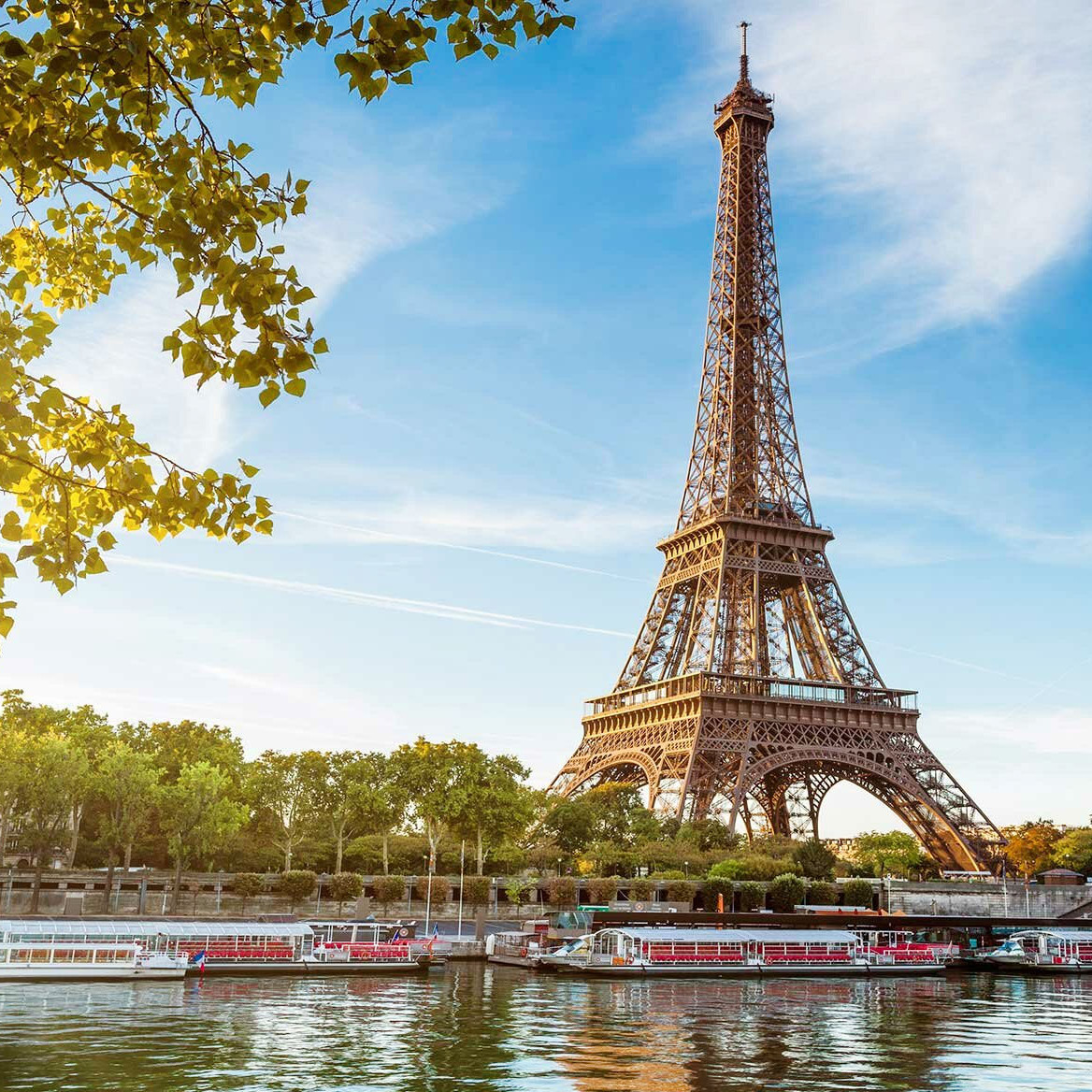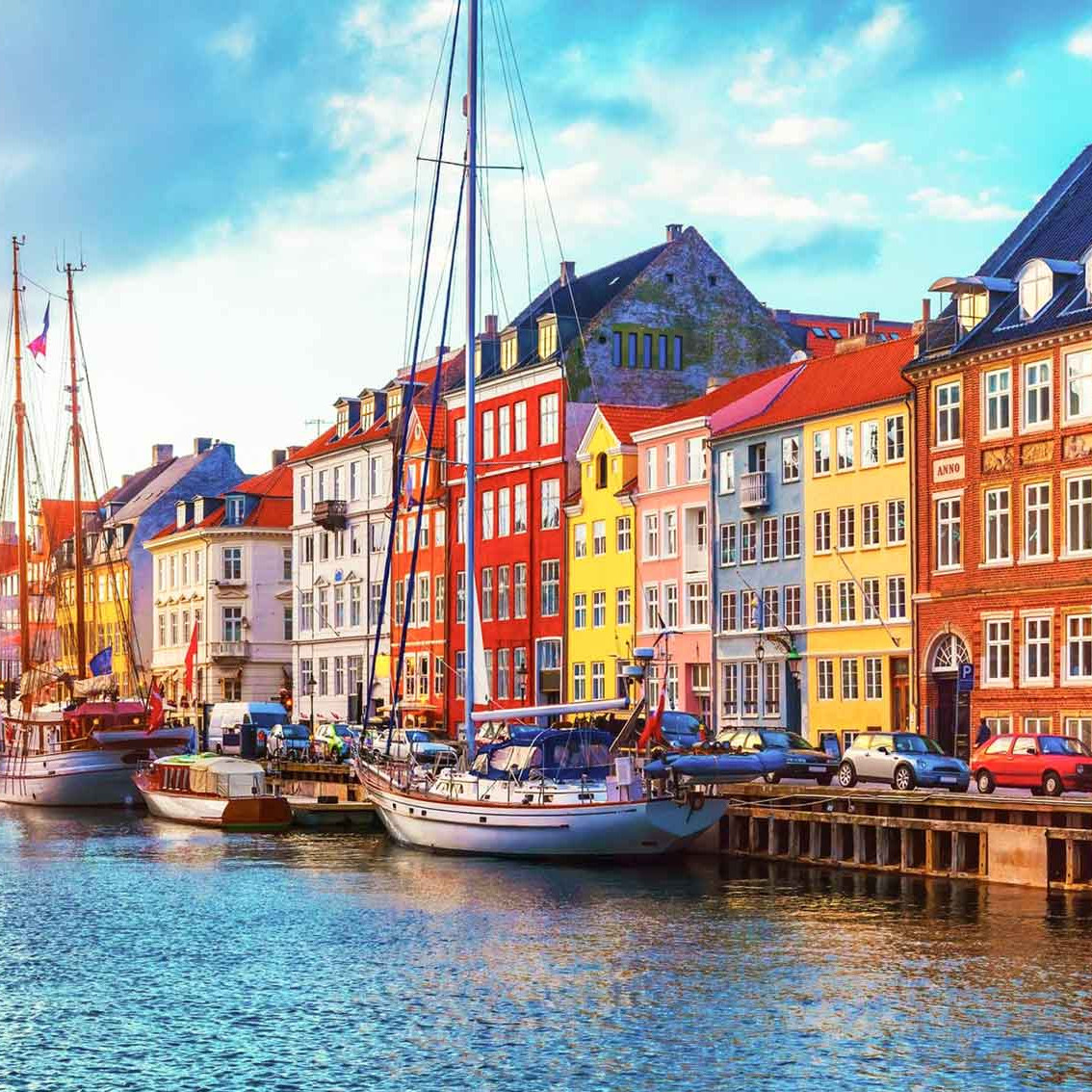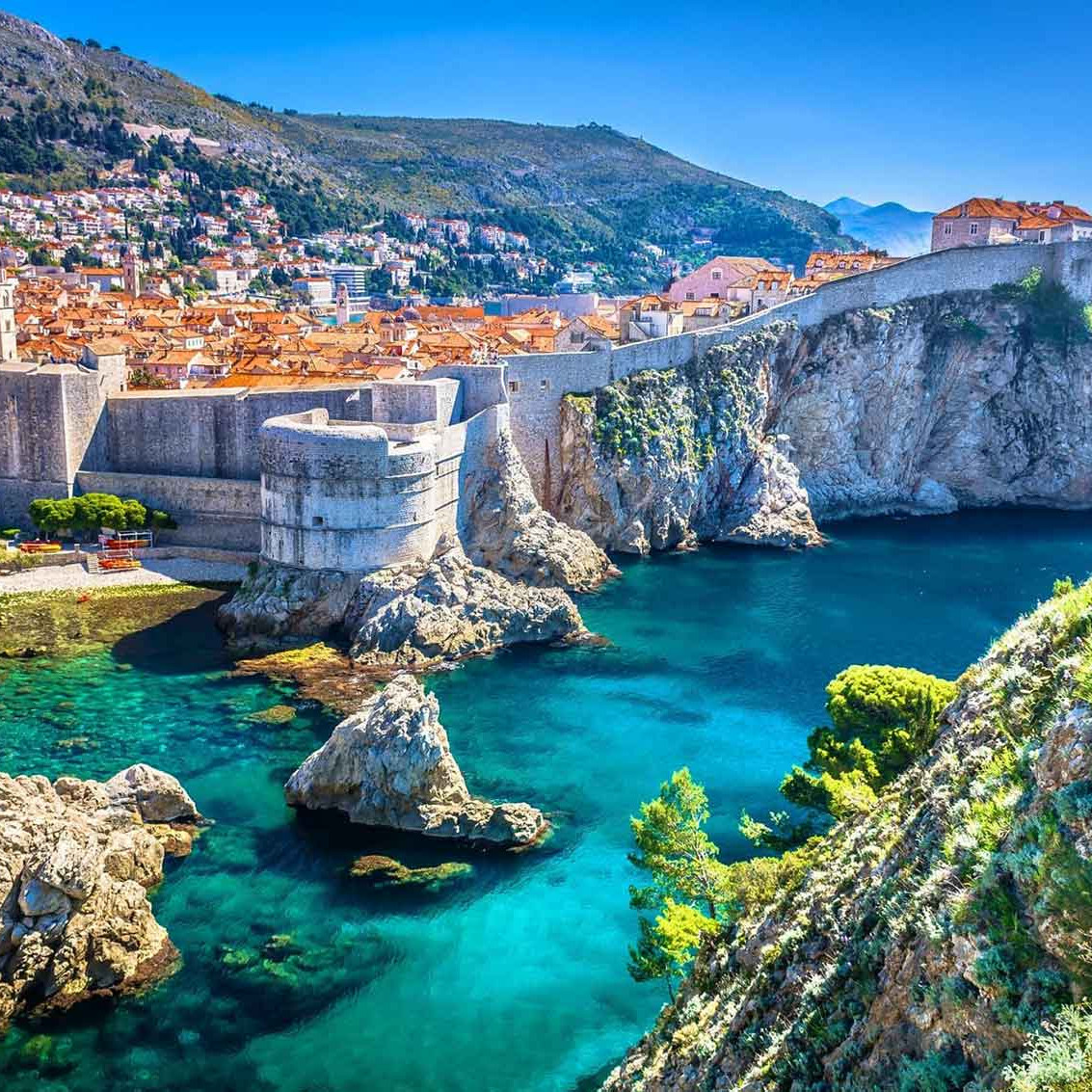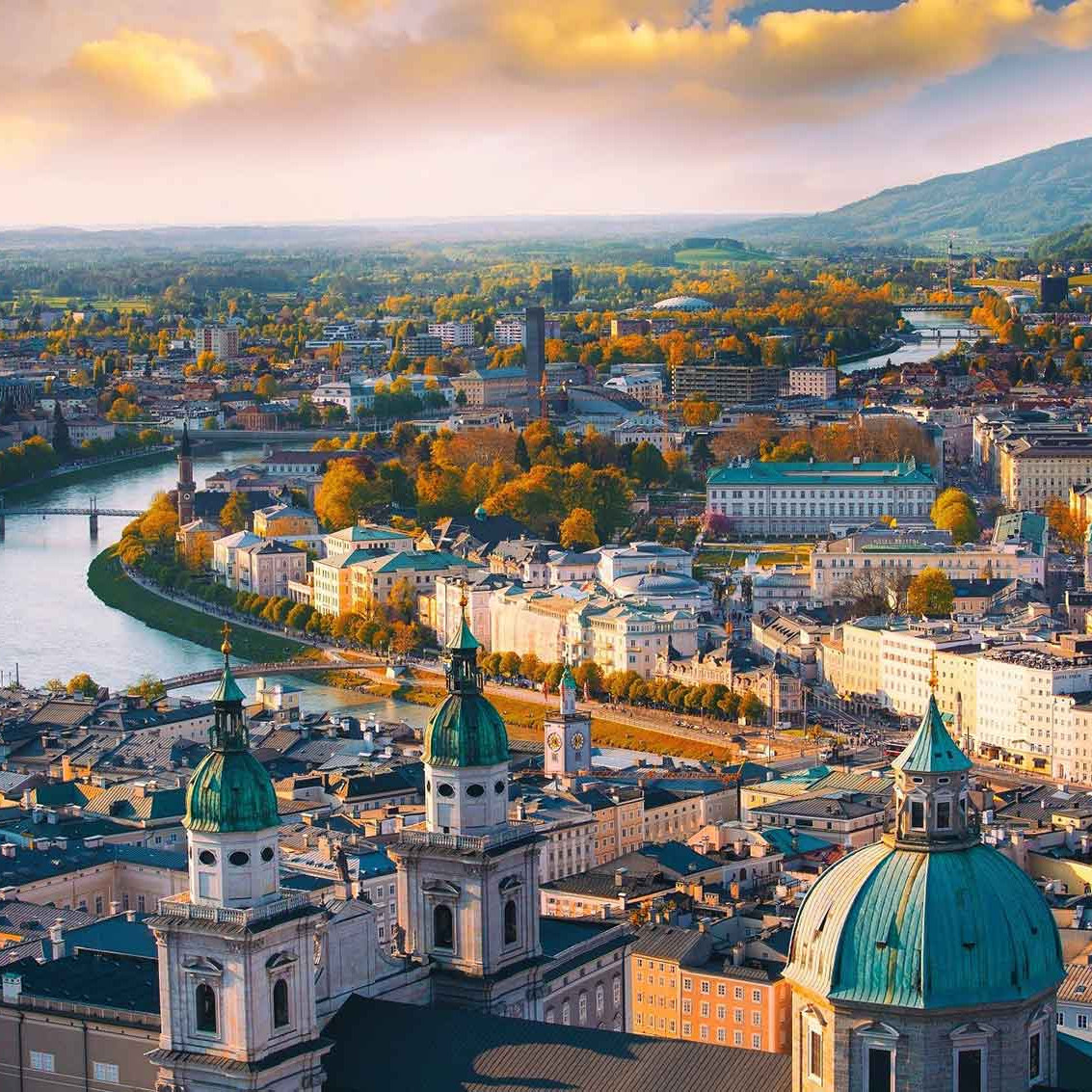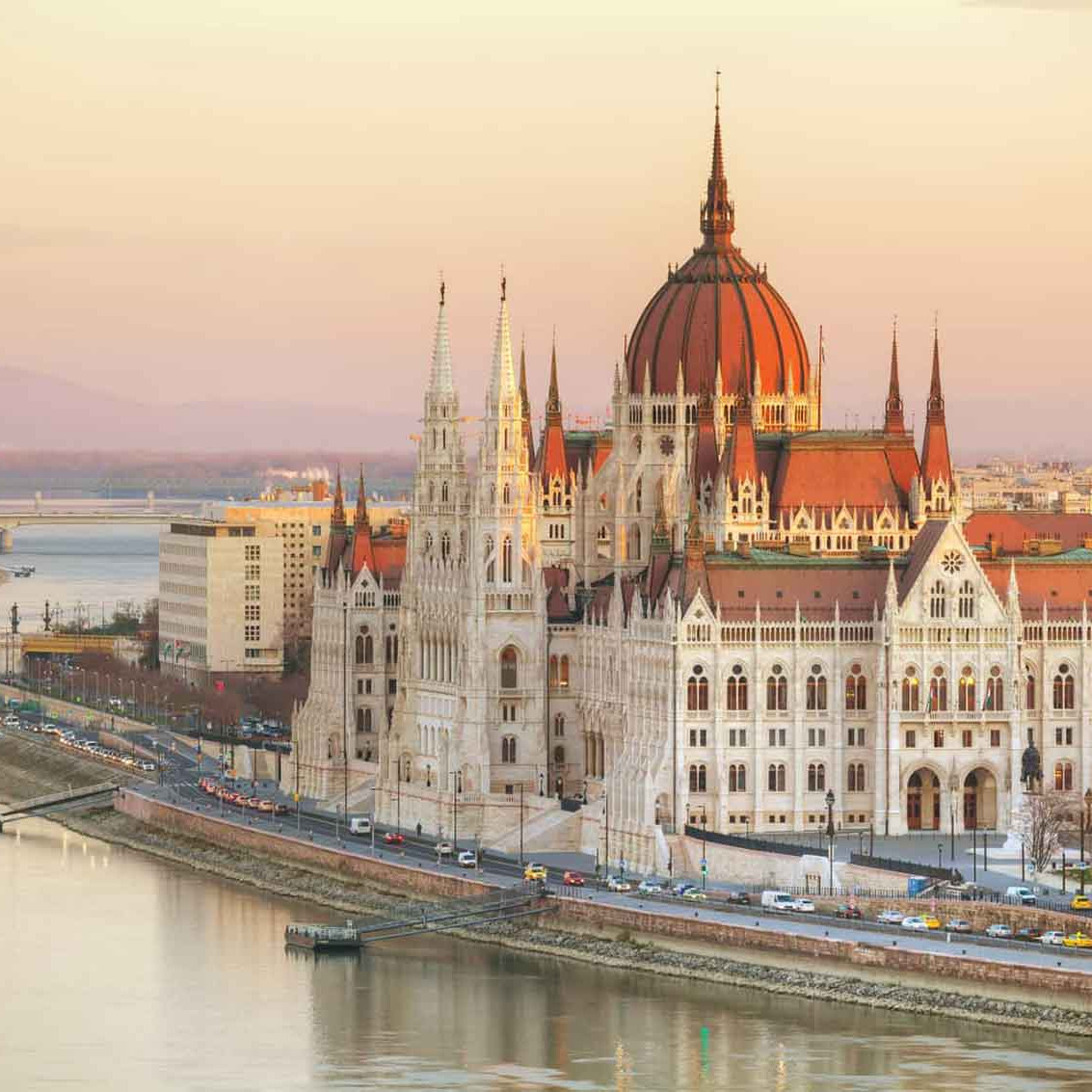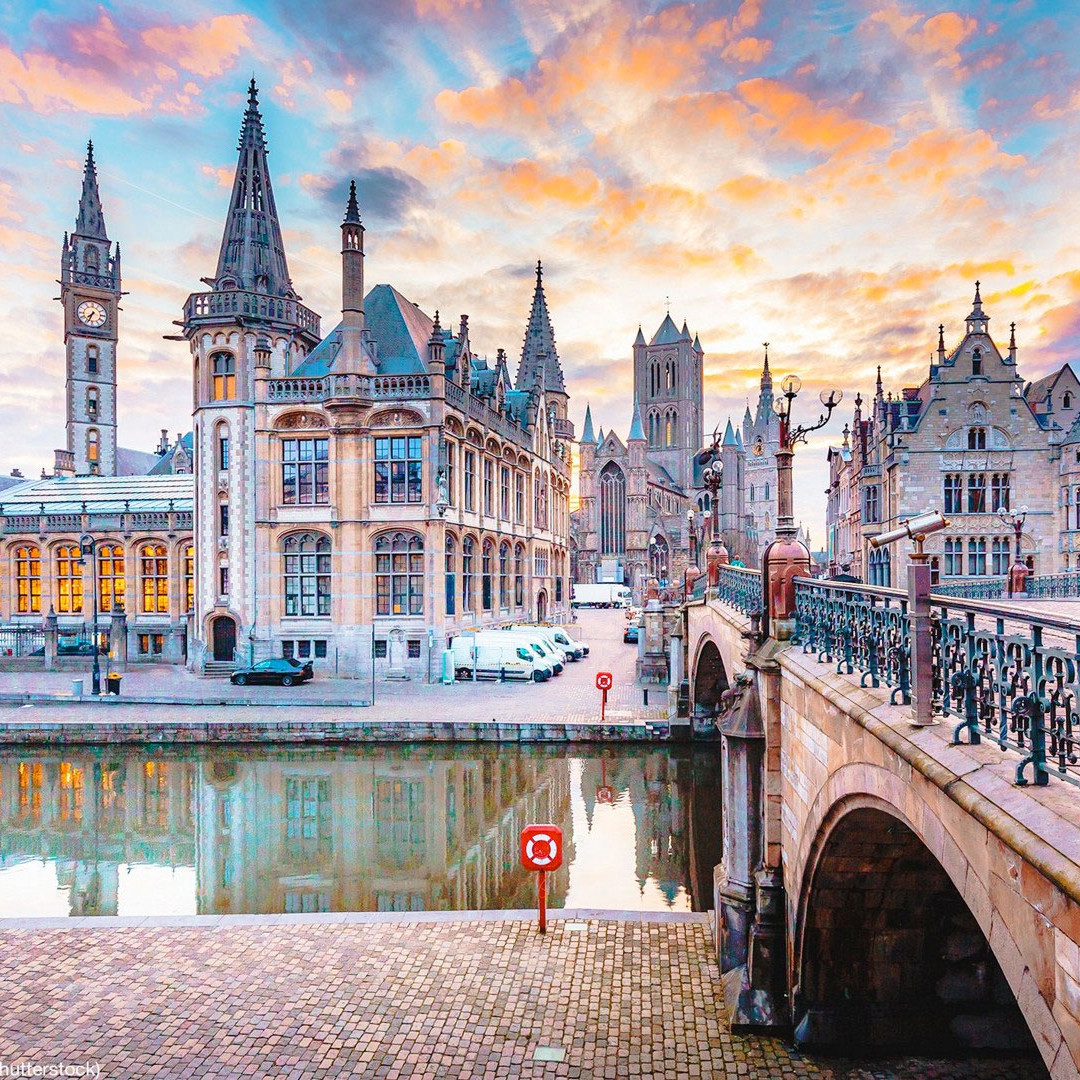Located in the Atlantic Ocean just below the Arctic Circle, Iceland is a country of wonder. Much more than just freezing temperatures and glaciers, the country has mystical landscapes, magical picturesque towns, diverse wildlife and the stunning northern lights. An unique destination that should be on your travel list.
Why Visit Iceland
NATURAL WONDERS
Iceland is renowned for its stunning natural wonders. From towering waterfalls like Gullfoss and Seljalandsfoss to the otherworldly landscapes of Landmannalaugar and the volcanic wonderland of Lake Mývatn, there is no shortage of awe-inspiring sights to explore. The country is home to dramatic glaciers, geothermal springs, black sand beaches, and rugged lava fields, creating a truly magical environment.
WILDLIFE
Despite its remote location, Iceland is a haven for diverse wildlife. You can witness majestic whales, including orcas and humpback whales, in the surrounding oceans. Puffins, Arctic foxes, reindeer, and seals are among the land-dwelling creatures you may encounter. Birdwatchers will also be delighted by the abundance of bird species, with the country serving as a breeding ground for various migratory birds.
CUISINE
Iceland’s cuisine reflects its unique geography and natural resources. You can indulge in traditional Icelandic dishes such as tender Icelandic lamb, flavorful seafood like fresh salmon and langoustine, and the infamous fermented shark known as hákarl. Don’t forget to try the local delicacy of Icelandic skyr, a delicious yogurt-like dairy product.
NATURAL PHENOMENON
The Northern Lights and the Midnight sun are natural phenomenons that can only occur in territories crossed by the Arctic Circle, being Iceland one of the few locations where they happen. The Aurora Borealis is a natural light display in the Earth’s sky and can be seen in Iceland from September through March. The Midnight sun occurs during the Summer Solstice instead, and is when the sun is visible at midnight in either the Arctic or Antarctic Circle. More reasons to add Iceland to your bucket list.
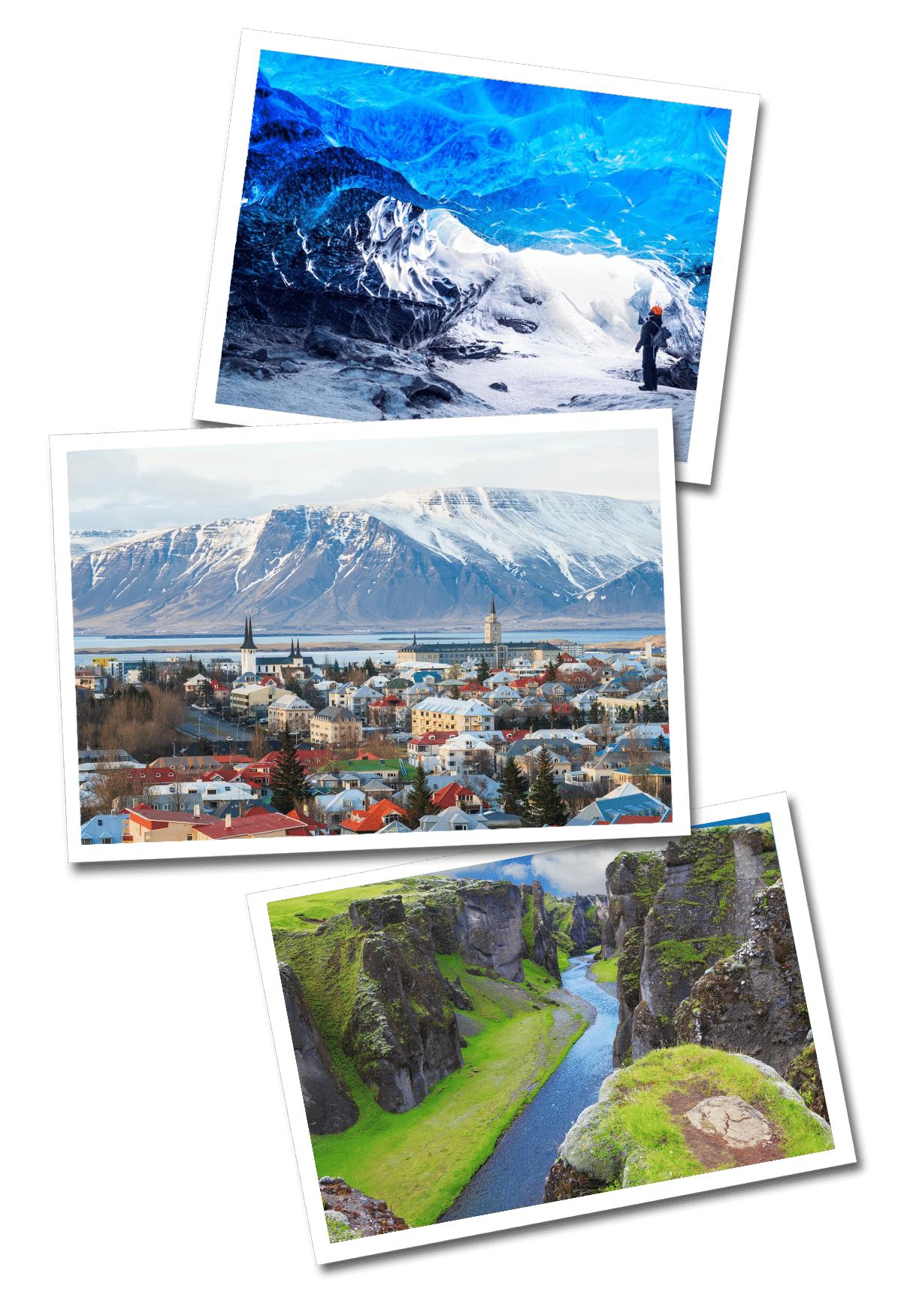
Located in the Atlantic Ocean just below the Arctic Circle, Iceland is a country of wonder. Much more than just freezing temperatures and glaciers, the country has mystical landscapes, magical picturesque towns, diverse wildlife and the stunning northern lights. An unique destination that should be on your travel list.

Why Visit Iceland
NATURAL WONDERS
Iceland is renowned for its stunning natural wonders. From towering waterfalls like Gullfoss and Seljalandsfoss to the otherworldly landscapes of Landmannalaugar and the volcanic wonderland of Lake Mývatn, there is no shortage of awe-inspiring sights to explore. The country is home to dramatic glaciers, geothermal springs, black sand beaches, and rugged lava fields, creating a truly magical environment.
WILDLIFE
Despite its remote location, Iceland is a haven for diverse wildlife. You can witness majestic whales, including orcas and humpback whales, in the surrounding oceans. Puffins, Arctic foxes, reindeer, and seals are among the land-dwelling creatures you may encounter. Birdwatchers will also be delighted by the abundance of bird species, with the country serving as a breeding ground for various migratory birds.
CUISINE
Iceland’s cuisine reflects its unique geography and natural resources. You can indulge in traditional Icelandic dishes such as tender Icelandic lamb, flavorful seafood like fresh salmon and langoustine, and the infamous fermented shark known as hákarl. Don’t forget to try the local delicacy of Icelandic skyr, a delicious yogurt-like dairy product.
NATURAL PHENOMENON
The Northern Lights and the Midnight sun are natural phenomenons that can only occur in territories crossed by the Arctic Circle, being Iceland one of the few locations where they happen. The Aurora Borealis is a natural light display in the Earth’s sky and can be seen in Iceland from September through March. The Midnight sun occurs during the Summer Solstice instead, and is when the sun is visible at midnight in either the Arctic or Antarctic Circle. More reasons to add Iceland to your bucket list.
- Name: Iceland
- Capital: Reykjavík
- Official Languages: Icelandic
- Currency: Icelandic króna
- Time Zone: UTC
- Name: Iceland
- Capital: Reykjavík
- Official Languages: Icelandic
- Currency: Icelandic króna
- Time Zone: UTC
Bucket List
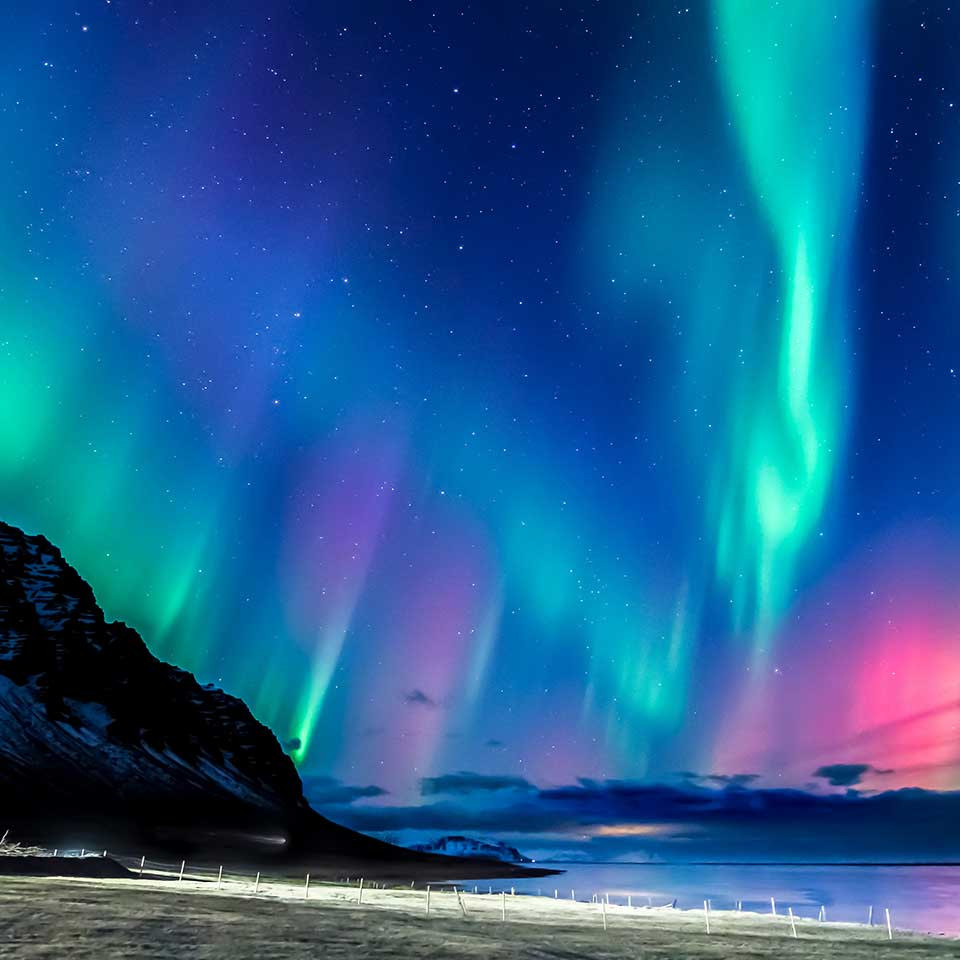
Enjoy the Northern Lights
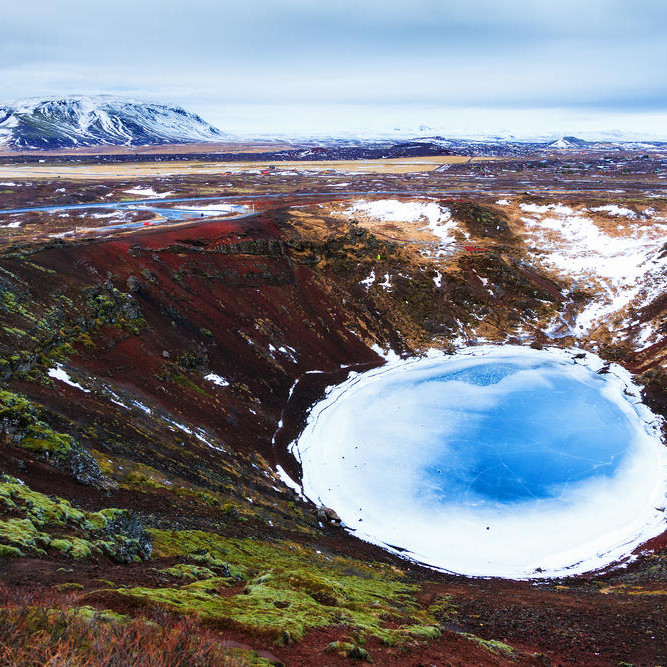
Drive the Golden Circle
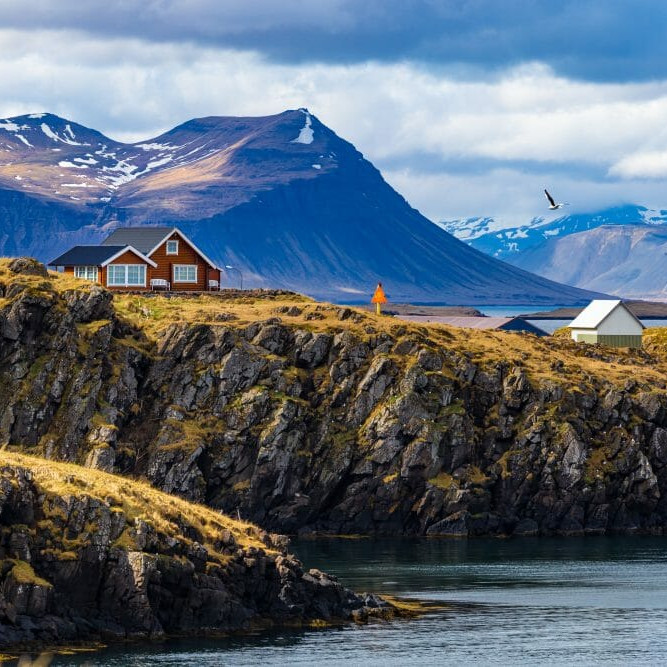
Go on a road trip and enjoy the scenery
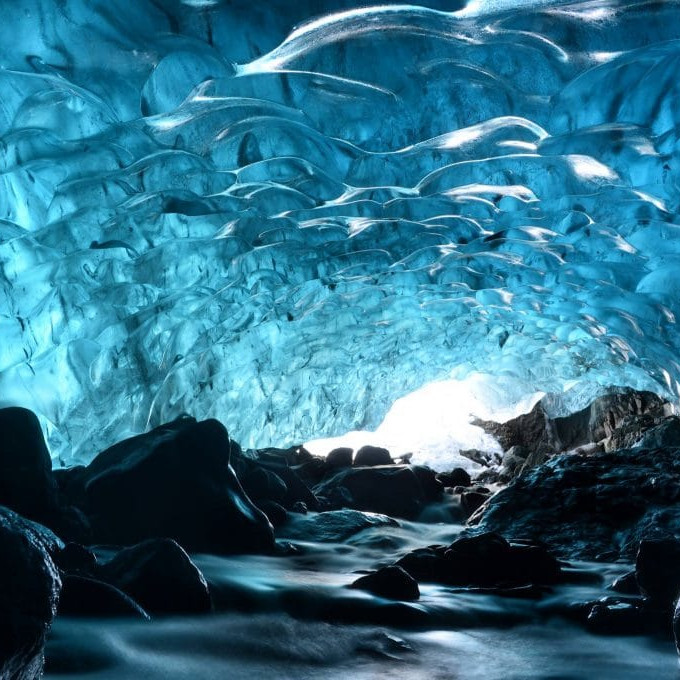
Visit an Ice Cave
What to expect
LANGUAGE
Iceland’s official language is Icelandic. It is a North Germanic language with its roots in Old Norse, making it closely related to the ancient language of the Vikings. English is widely spoken and understood, especially in tourist areas, making communication easier for international visitors.
ELECTRICITY
In Iceland the standard voltage is 230 V and the frequency is 50 Hz. That’s the standard voltage in the UK, Europe, Australia and most of Asia and Africa; If you are traveling from the US you will need an adaptor.
CURRENCY
The official currency is the Icelandic króna. Euros, debit and credit cards are widely used. In larger towns and airports it is easy to withdraw cash directly through ATMs. 1 USD equals 137 kronas (as of 2023). Other foreign currencies may be accepted in tourist places but it is recommended to exchange or use your card.
CLIMATE
Iceland has a unique and varied climate, influenced by its location in the North Atlantic Ocean. The country experiences cool summers and relatively mild winters compared to other Arctic regions. Average temperatures in Reykjavik, the capital, range from 1°C to 13°C (34°F to 55°F) in summer and -3°C to 2°C (27°F to 36°F) in winter. In more remote areas and at higher altitudes, temperatures can be colder and weather conditions more extreme.
SAFETY
Iceland is one of the safest countries in the world. Crime is almost non-existent. However, travelers should be cautious when it comes to rough driving conditions and extreme weather depending on the area you are visiting.
How to get around
- Renting a Car:
- Renting a car gives you the freedom to explore Iceland at your own pace.
- Numerous car rental companies operate at Keflavík International Airport and major cities like Reykjavik.
- Icelandic roads are well-maintained, but be prepared for changing weather conditions and gravel roads in some areas.
- Public Transportation:
- Buses are available for traveling between towns and popular tourist destinations.
- The Ring Road (Route 1) connects most major towns and attractions.
- Several bus companies offer scheduled tours and transportation services.
- Domestic Flights:
- Domestic flights are available between Reykjavik and various towns and regions.
- Air travel is a convenient option for covering long distances quickly.
- Popular destinations like Akureyri, Egilsstaðir, and Ísafjörður have airports.
- Guided Tours:
- Joining guided tours is a popular way to explore Iceland’s highlights.
- Tour operators offer a wide range of options, including sightseeing tours, glacier hikes, and multi-day adventures.
- Guided tours provide transportation and expert guidance, making it an excellent choice for those who prefer hassle-free travel.
- Hitchhiking:
- Hitchhiking is relatively common in Iceland, especially in more remote areas.
- It’s important to exercise caution, be mindful of local customs, and choose safe and visible spots to hitchhike.
- Hitchhiking can be a great way to meet locals and fellow travelers.
- Cycling:
- Cycling is a fantastic option for adventurous travelers.
- Iceland has scenic cycling routes, including the popular Ring Road.
- Keep in mind that Iceland’s weather and road conditions can be challenging, so proper equipment and preparation are essential.
Remember to check road and weather conditions before embarking on your journey, especially during the winter months. Always prioritize safety and adhere to any travel advisories or guidelines provided by local authorities.
Visa Policy
Travelers from certain countries may need a visa to enter Iceland. The visa policy of Iceland is part of the Schengen Agreement, which allows for visa-free travel within the Schengen Area for citizens of certain countries. Here are some specific details:
- European Union (EU) and European Free Trade Association (EFTA) Countries: Citizens of EU and EFTA member states, including countries like the United Kingdom, Germany, France, Italy, and Switzerland, do not need a visa to enter Iceland. They can travel freely using their valid passport or national identification card.
- Schengen Area Countries: Citizens of non-EU/EFTA countries that are part of the Schengen Area, such as the United States, Canada, Australia, Japan, and New Zealand, can also visit Iceland without a visa. They can stay for up to 90 days within a 180-day period for tourism or business purposes.
- Non-Schengen Area Countries: Citizens of countries outside the EU/EFTA and not part of the Schengen Area, such as Russia, China, India, and Brazil, typically need to apply for a Schengen visa before traveling to Iceland. This visa allows them to visit Iceland and other Schengen countries for tourism or business purposes.
It is important for travelers to check the visa requirements specific to their country of citizenship and consult with the Icelandic embassy or consulate in their home country for the most up-to-date information. The visa policy can vary depending on factors such as the purpose of travel, duration of stay, and individual circumstances.
SUBSCRIBE!
Are you a globetrotter? Join our platform and get exclusive travel tips, getaways and more!
Germany
Travel Germany, a country with rich history that dates back 2 millennia. With beautiful scenery, a great mix between medieval and modern..
France
Travel France, the biggest and most visited country in the European Union. Well known for its capital, Paris, the country has a lot to..
Denmark
Travel Denmark, rated in the top 10 of "happiest countries" for the last 5 years. The country is characterized by its with stunning..
Croatia
Croatia is a small & impressive country that has just recently become a popular mediterranean destination, featuring turquoise waters and..
Austria
Travel Austria and explore its mountainous landscapes, picturesque villages, incredible castles and architecture and rich musical heritage.
Hungary
Travel to Hungary, a country filled with stunning architecture and landmarks, rich culture,…
Croatia
Croatia is a small & impressive country that has just recently become a popular mediterranean…
Belgium
Travel Belgium, is a small country known as the world capital of the beer and the chocolate. The is…


